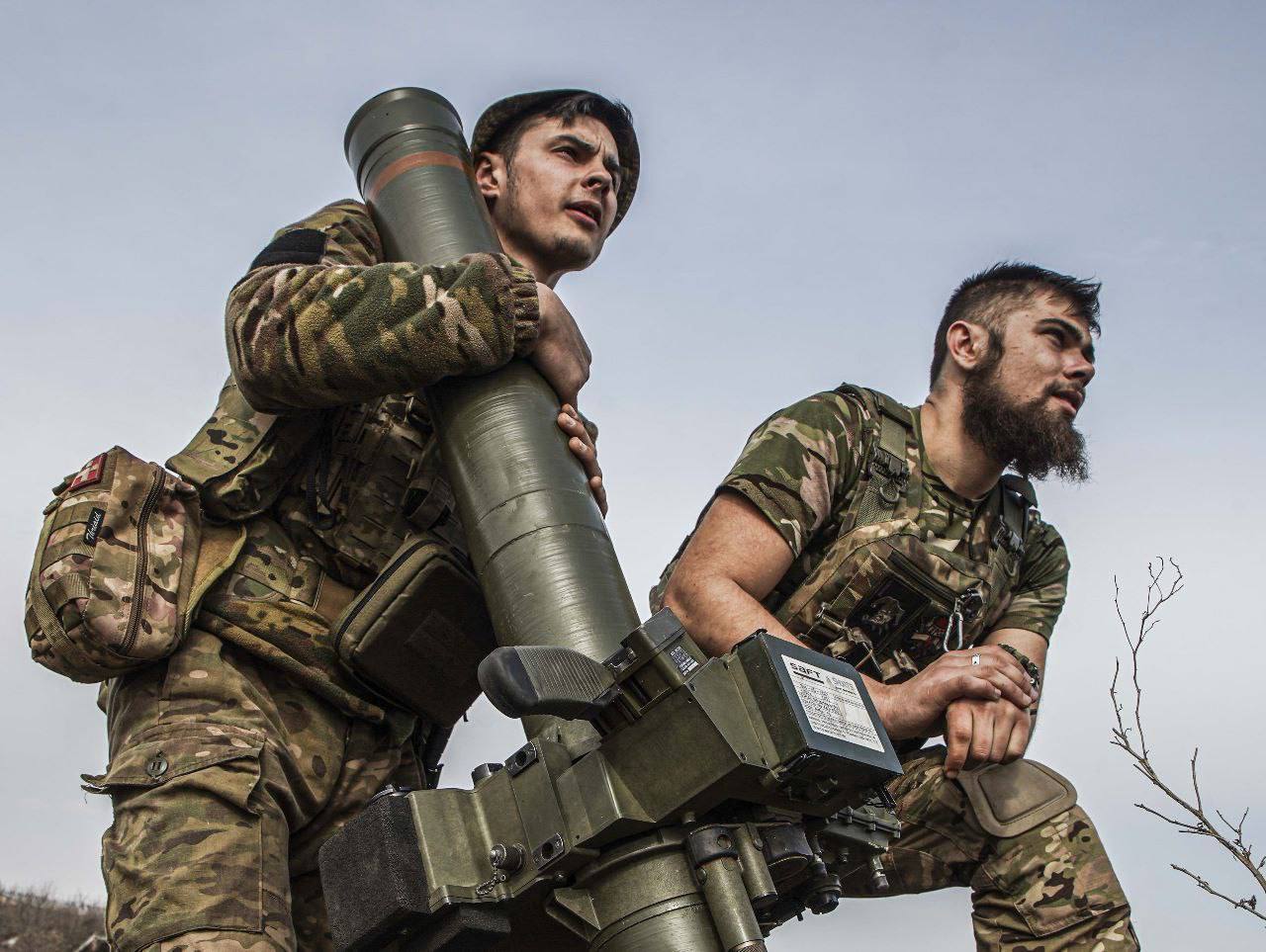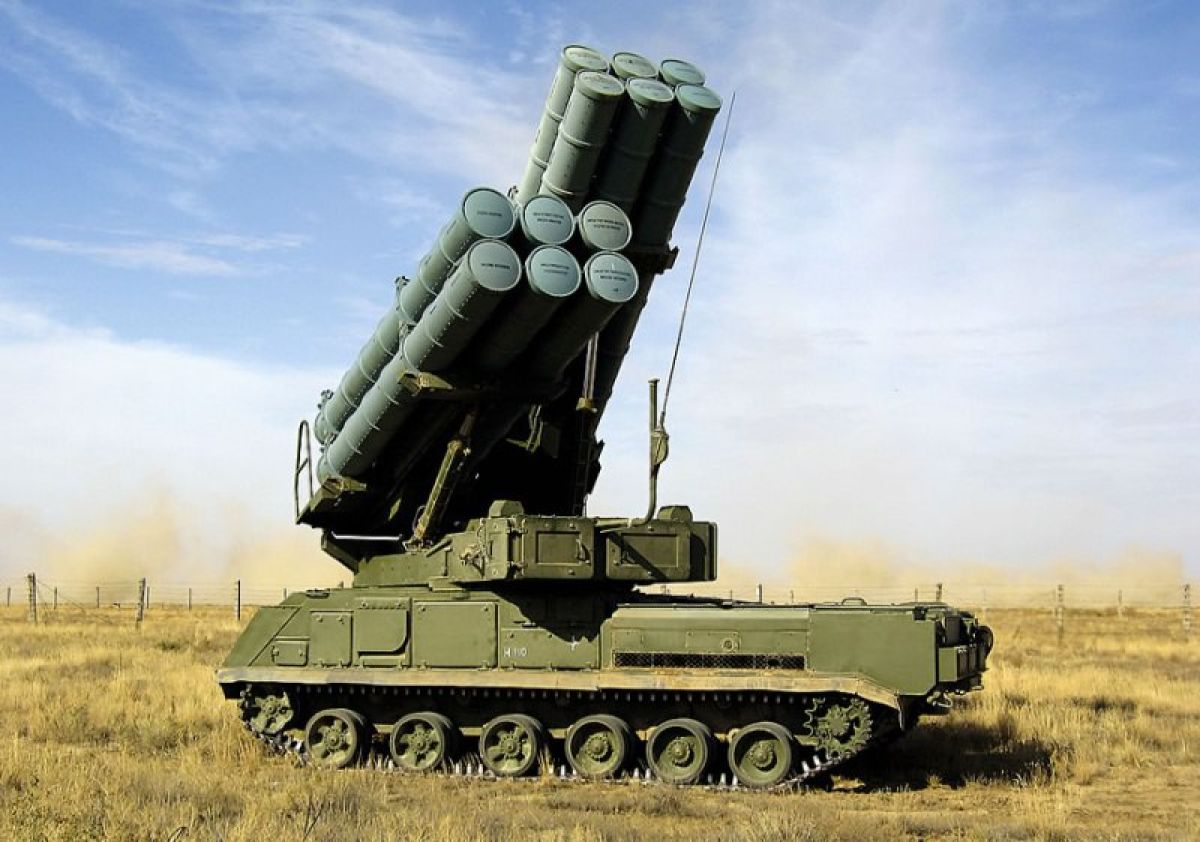The Russian Foreign Ministry has warned that transferring MANPADS and ATGMs from Western nations to Ukraine could endanger global civil aviation safety.
The warning serves as a reminder of the 2014 incident in which Malaysia Airlines Flight MH17 was shot down over Ukraine.
The ministry stated that the MANPADS and ATGMs supplied to Ukraine by Western nations are proliferating globally, reaching other regions of conflict, and ending up in the hands of organized criminals, terrorists, and extremist groups.
As a result, the issue of global civil aviation safety, particularly in Europe, will soon need to be addressed, the ministry added. Western countries consistently call for Russian defeat on the battlefield and are increasing the supply of weapons and military equipment to Ukraine to support this objective.
The ministry noted that the European Union and its member states had collectively given military hardware to Kyiv worth more than 12 billion euros.
Furthermore, the NATO nations are also supplying heavy weapons, including tanks and aircraft, and have agreed to transfer roughly a million 155mm artillery shells by the end of the year.

Russian officials claimed that the Western-supplied weapons in the hands of the corrupt Ukrainian authorities and mercenaries were responsible for the deaths of innocent civilians, including women and children, in regions such as Donetsk, Luhansk, Zaporizhzhia, and Kherson.
The ministry asserted that Ukrainian artillery is consistently targeting residential neighborhoods, causing damage to civil infrastructure and endangering civilians. They warned that the Zaporizhzhia Nuclear Power Plant is also at risk of being hit, which could lead to a potential nuclear disaster on the continent.
The ministry concluded that the European Union is already involved in the Ukrainian conflict, providing political protection for any criminal activities, provocations, and staged events perpetrated by the Ukrainian government.
That being said, many experts have raised concerns about the possibility of the weapons provided by the US and its allied countries ending up in the hands of non-state actors.
Last year, the US State Department announced its plans to address the issue of US weapons being diverted and potentially ending up in possession of pro-Russian or independent non-state actors.
Yet, the latest warning from Russia has evoked memories of the tragic shooting down of Malaysia Airlines Flight MH17 in 2014, which resulted in the loss of all 298 passengers and crew members on board.
Malaysia Airlines Flight MH17
Malaysia Airlines Flight MH17 was shot down over eastern Ukraine on July 17, 2014. All 298 onboard passengers and crew members perished, making it one of the worst aviation tragedies ever.
The episode occurred during a period of intense warfare in eastern Ukraine, where pro-Russian separatists were engaged in a violent struggle against Ukrainian government forces.
With reports of intensive fighting, missile assaults, and other types of violence, the airspace where Flight MH17 was flying had become highly volatile and dangerous.
Before the tragedy, many commercial airplanes continued to fly over the area despite the risks; some even increased flight frequency to keep up with the increasing demand.
The actual details of what happened to Flight MH17 are still being debated and disputed, with contradicting testimonies from various parties engaged in the incident.

But, most observers believe that the aircraft was struck by a surface-to-air missile fired from a launcher located in a separatist-controlled part of eastern Ukraine.
The aircraft was believed to be shot down by a Russian-made Buk missile system, also known as SA-11 Gadfly, a medium-range surface-to-air missile system. Dutch officials led the initial investigation, assisted by teams of foreign experts from other nations.
The investigation eventually determined that the missile that struck MH17 was fired from a launcher controlled by Russian-backed separatist rebels in eastern Ukraine. The findings drew widespread condemnation from the international community, heightening tensions between Russia and the West.
On the other hand, Russia has consistently denied having any role in the downing of MH17. The tragedy also rekindled debate and scrutiny about the safety of commercial jet travel in conflict zones. It prompted calls for increased vigilance and accountability in the global arms trade.
The warning is also a reminder of the continuous hazards and perils involved with delivering military equipment to conflict zones.
- Contact the author at ashishmichel(at)gmail.com
- Follow EurAsian Times on Google News




